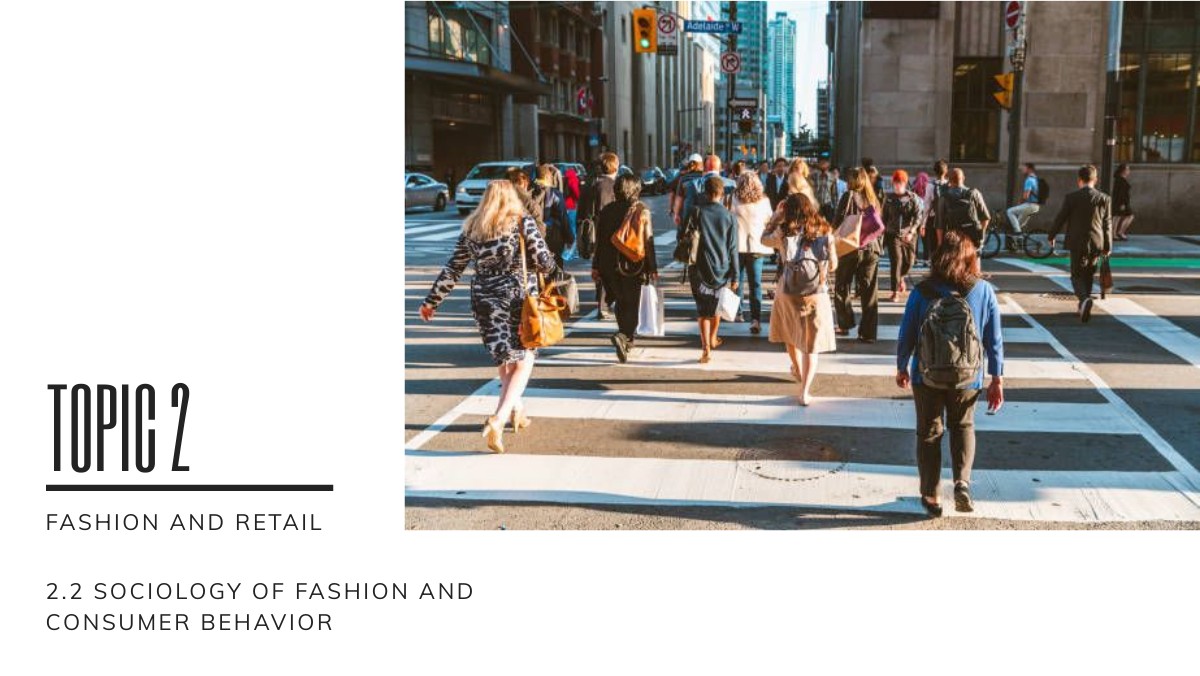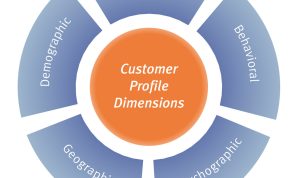Understanding Consumer Behavior in Fashion is pivotal as it unravels the intricate ways in which shoppers interact with apparel and accessories. In a world where trends shift rapidly and personal expression takes center stage, grasping the motives and preferences of consumers becomes essential for brands aiming to thrive. This exploration not only highlights the psychological triggers that influence purchasing decisions but also delves into the cultural and social factors shaping fashion trends.
From the allure of sustainability to the impact of social media influencers, understanding these dynamics provides valuable insights for marketers and fashion designers alike. As we navigate the colorful landscape of consumer choices, it’s crucial to recognize what drives individuals towards particular styles, brands, or shopping experiences.
In today’s fast-paced world, the significance of effective communication cannot be overstated. Whether you are in a corporate setting, engaging with clients, or simply interacting with your peers, the ability to express yourself clearly and professionally can make a substantial difference. This article delves into the essence of effective communication, exploring its importance, key components, and practical tips to enhance your communication skills.### The Importance of Effective CommunicationEffective communication is the cornerstone of any successful relationship, be it in business or personal life.
It fosters understanding, reduces conflicts, and builds trust among individuals. In a professional environment, clear communication enhances teamwork, boosts morale, and increases productivity. For instance, when team members articulate their ideas effectively, it leads to better collaboration and innovative solutions.Moreover, effective communication is vital during negotiations. Whether you are discussing a contract or resolving a conflict, the ability to convey your thoughts clearly and listen actively to the other party’s perspective can significantly influence the outcome.
Misunderstandings can lead to disputes, costly mistakes, and lost opportunities, emphasizing the need for clarity and precision in communication.### Key Components of Effective CommunicationTo master effective communication, it’s essential to understand its key components. These include clarity, active listening, empathy, body language, and feedback.
1. Clarity
The foundation of effective communication is clarity. When you convey your message, it should be concise and straightforward. Avoid jargon and ambiguous language that may confuse your audience. For example, instead of saying, “We need to optimize our operational efficiencies,” you might say, “We need to improve how we work to save time and resources.”
2. Active Listening
Communication is a two-way street. While expressing your thoughts is crucial, equally important is listening to others. Active listening involves paying full attention to the speaker, understanding their message, and responding thoughtfully. This not only shows respect but also helps you grasp the nuances of the conversation.
3. Empathy
Understanding the feelings and perspectives of others is vital for effective communication. Empathy allows you to connect on a deeper level, fostering trust and openness. By acknowledging the emotions of your audience, you demonstrate that you value their opinions, which can lead to more fruitful discussions.
4. Body Language
Non-verbal cues, such as facial expressions, gestures, and posture, play a significant role in communication. Being aware of your body language can enhance your message. For instance, maintaining eye contact conveys confidence and engagement, while crossed arms might signal defensiveness or disinterest.
5. Feedback
Constructive feedback is essential for improving communication. It allows individuals to understand how their message was received and adjust accordingly. Providing feedback should be done respectfully and thoughtfully, focusing on specific behaviors rather than personal attributes.### Practical Tips to Enhance Communication SkillsNow that we’ve established the importance and components of effective communication, let’s explore practical tips to enhance your skills.
1. Practice Active Listening
To improve your listening skills, practice techniques such as paraphrasing what the speaker has said to ensure understanding. For example, you might respond with, “So what you’re saying is…” This approach encourages dialogue and clarifies any misunderstandings.
2. Engage in Open-ended Questions
When conversing, try to ask open-ended questions that invite elaboration and discussion. Instead of asking, “Did you like the presentation?” consider asking, “What did you think about the main points of the presentation?” This encourages a more detailed response and deeper engagement.
3. Be Mindful of Your Tone
Your tone can significantly impact how your message is perceived. Be conscious of your intonation and pitch, especially when discussing sensitive topics. A calm and measured tone can help diffuse tension and facilitate productive conversations.
4. Adapt Your Communication Style
Different situations and audiences require different communication styles. For instance, formal settings may call for a more structured approach, while casual conversations allow for a relaxed tone. Being adaptable demonstrates emotional intelligence and enhances your ability to connect with others.
5. Seek Feedback on Your Communication
Don’t hesitate to ask for feedback on your communication style from trusted colleagues or friends. This can provide valuable insights into areas for improvement that you may not have noticed.

6. Read and Write Regularly
Reading widely can expose you to various communication styles and vocabularies. Writing regularly, whether through journaling or professional correspondence, can also sharpen your ability to articulate thoughts clearly and concisely.
7. Use Technology Wisely
In today’s digital age, effective communication extends to written correspondence, emails, and messages. Be mindful of your writing style in these mediums. Aim for clarity and professionalism, using tools like grammar checkers to avoid errors.
8. Join Communication Workshops or Groups
Participating in workshops or groups focused on improving communication skills can provide opportunities to practice in a supportive environment. These settings often encourage role-playing and feedback, which can be beneficial for enhancing your skills.### ConclusionIn conclusion, effective communication is an essential skill that can significantly impact your professional and personal relationships. By understanding its importance, key components, and practical tips, you can work towards mastering this vital skill.
Remember, effective communication is not merely about exchanging information; it’s about creating connections, fostering understanding, and building relationships based on trust. As you implement these strategies, you’ll find yourself becoming a more confident and articulate communicator, paving the way for success in all aspects of your life.
Quick FAQs: Understanding Consumer Behavior In Fashion
Why is understanding consumer behavior important in fashion?
It helps brands tailor their offerings to meet customer needs and preferences, ultimately driving sales and brand loyalty.
How do cultural factors influence consumer behavior in fashion?
Cultural factors shape individual tastes and attitudes towards fashion, affecting how consumers perceive and engage with different styles and brands.
What role does social media play in shaping consumer behavior?
Social media serves as a powerful tool for brands to engage with consumers, showcasing trends and influencing purchasing decisions through user-generated content.
How can brands effectively respond to changing consumer preferences?
By conducting market research and staying informed on trends, brands can adapt their strategies to align with evolving consumer demands.
What impact does sustainability have on consumer choices in fashion?
Sustainability is increasingly important to consumers, leading them to favor brands that prioritize ethical practices and eco-friendly materials.





